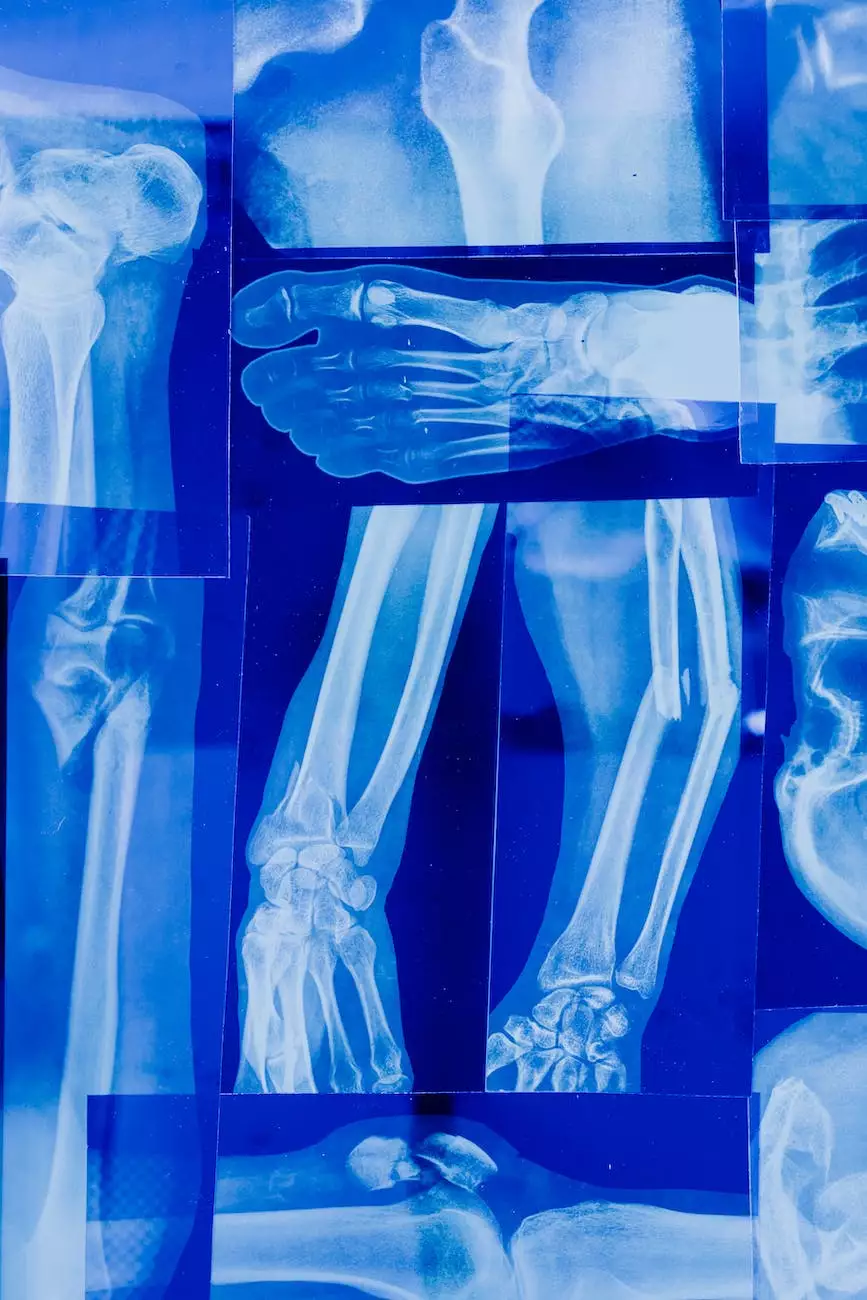Genetics May Tie Into Certain Types of Cancer
Health
As we continue to delve deeper into the field of medical science, one thing becomes increasingly clear: genetics play a significant role in the development and progression of certain types of cancer. In this comprehensive guide, Kelley Tim PA-C, an expert in the field of health, dives into the intricacies of genetic factors influencing cancer.
The Role of Genetics in Cancer
When it comes to the development of cancer, both genetic and environmental factors contribute to its emergence. However, it is crucial to understand how genetics can predispose individuals to specific types of cancer. Through extensive research and groundbreaking studies, medical professionals like Kelley Tim PA-C have unraveled fascinating insights about the connection between our DNA and various forms of cancer.
Understanding Genetic Mutations
In order to comprehend the link between genetics and cancer, it's important to understand genetic mutations. Our DNA is made up of genes, which act as instructions for our body's growth, development, and functioning. Mutations, alterations in these genes, can occur spontaneously or be inherited from our parents, ultimately increasing the risk of cancer.
BRCA1 and BRCA2 mutations, for example, are known to significantly increase the likelihood of breast and ovarian cancers in women. Similarly, Lynch syndrome mutations are associated with a higher risk of colon, uterine, and other related cancers.
Hereditary versus Sporadic Cancer
It's important to differentiate between hereditary and sporadic cancer. While sporadic cancer is primarily influenced by external factors such as lifestyle choices and environmental exposure, hereditary cancer is primarily caused by inherited genetic mutations.
Individuals with a family history of certain types of cancer should consider genetic testing to determine if they carry any of the known mutations associated with hereditary forms of the disease. These tests can be conducted under the guidance of healthcare professionals like Kelley Tim PA-C, who specialize in genetic counseling and cancer risk assessment.
Advancements in Genetic Research
The field of genetic research has witnessed remarkable breakthroughs in recent years, advancing our understanding of the complex relationship between genetics and cancer. Scientists and medical professionals are continuously widening their knowledge, providing hope for improved prevention, diagnosis, and treatment strategies.
Identification of Oncogenes and Tumor Suppressor Genes
Through the identification of specific genes known as oncogenes and tumor suppressor genes, researchers have been able to uncover vital information about the underlying mechanisms of cancer development.
Oncogenes are genes that, when mutated, have the potential to transform normal cells into malignant ones. On the other hand, tumor suppressor genes play a crucial role in preventing the uncontrolled growth and division of cells. Mutations in these genes can impair their function, leading to an increased risk of cancer.
Targeted Therapies and Personalized Medicine
Advancements in genetic research have paved the way for targeted therapies and personalized medicine approaches. By identifying specific genetic mutations in an individual's cancer cells, healthcare professionals like Kelley Tim PA-C can tailor treatment plans to address the specific genetic drivers of the disease.
Targeted therapies aim to inhibit the function of specific molecules or genes responsible for driving cancer growth, while sparing healthy cells. This approach minimizes side effects and increases the effectiveness of treatment, providing promising results for individuals with certain types of cancer.
The Importance of Genetic Counseling
Genetic counseling plays a pivotal role in helping individuals understand their genetic predisposition to cancer and make informed decisions about their health. Professionals like Kelley Tim PA-C offer valuable guidance, helping individuals navigate the complexities of genetic testing, inheritance patterns, and available prevention strategies.
During genetic counseling sessions, individuals can gain insights into their family history, identify potential risks, and explore options for proactive intervention. The knowledge and support provided by genetic counselors empower individuals to take charge of their health and make choices that can potentially reduce their cancer risk.
Conclusion
With each passing day, our understanding of the intricate relationship between genetics and cancer deepens. The significant advancements in genetic research have shed light on the role of genes and mutations in the development and progression of certain types of cancer. By leveraging this knowledge, healthcare professionals like Kelley Tim PA-C can better assess individual risks, provide personalized treatment plans, and empower individuals to take proactive steps towards prevention.
Visit Kelley Tim PA-C's website to gain further insights into genetics and their impact on certain types of cancer. Take control of your health and equip yourself with the knowledge necessary to make informed decisions about your well-being.










